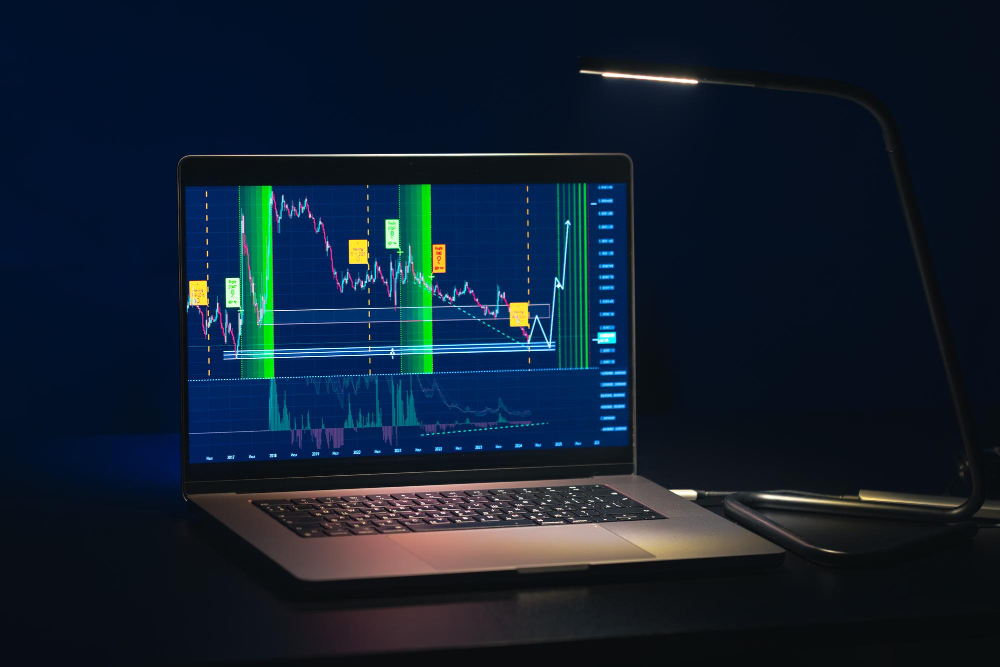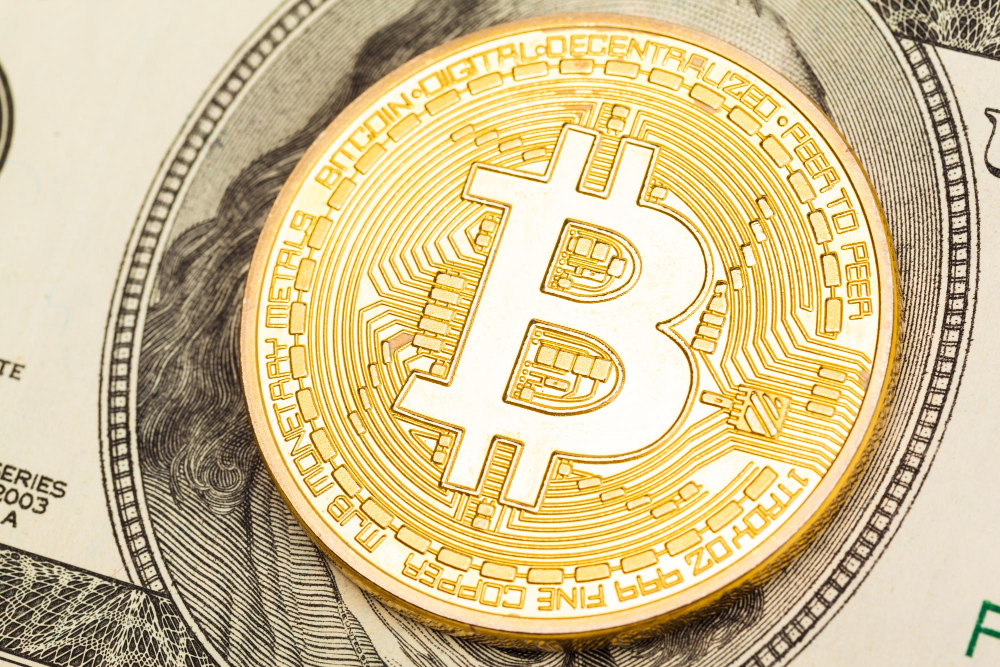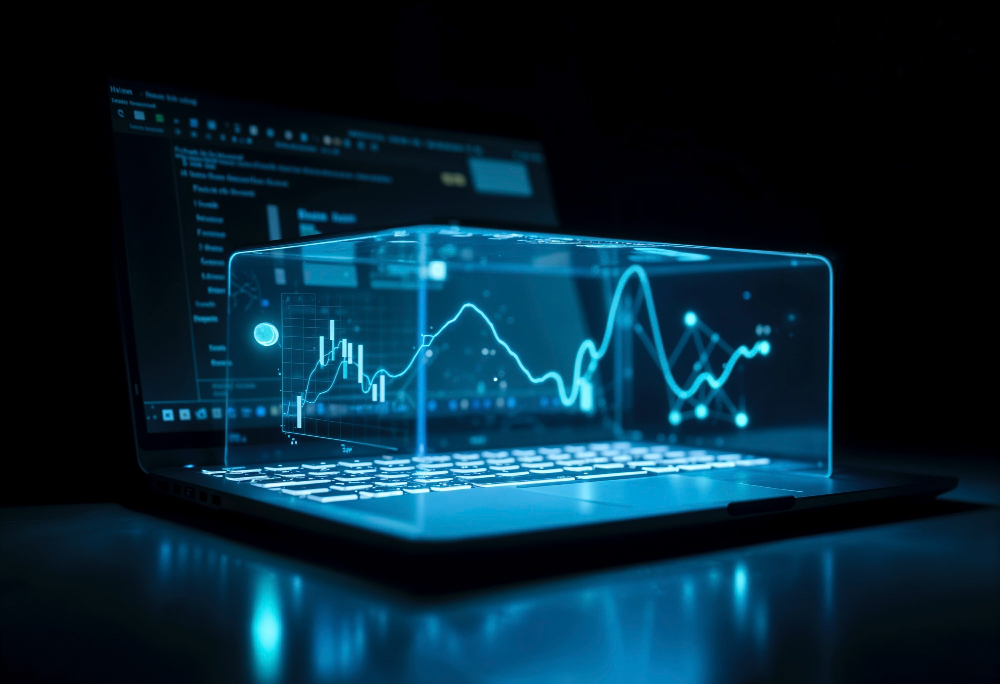Search behaviour around XRP increasingly reflects the psychological side of the crypto market. Negative narratives spread quickly online, shaping sentiment and fuelling volatility. Data shows that ‘XRP scam’ search spikes often appear during strong price rallies.
Crypto analyst Leonidas compared Google Trends data for ‘Ripple scam’ and ‘XRP scam’ with XRP’s price chart. Results show that damaging search surges typically align with bullish moves and sometimes precede pullbacks, suggesting that perception pressure builds during peak momentum.
Rapid price growth tends to trigger retail curiosity and concern, primarily when sensational claims circulate widely. Search spikes often coincide with heightened mainstream and social media exposure, indicating sentiment reacts to price action rather than fundamentals.
Despite recurring allegations and past regulatory scrutiny, institutional partnerships and XRP Ledger adoption remain intact. Analysts stress that sentiment spikes rarely signal structural weakness, urging investors to prioritise utility and adoption metrics.
Would you like to learn more about AI, tech and digital diplomacy? If so, ask our Diplo chatbot!










